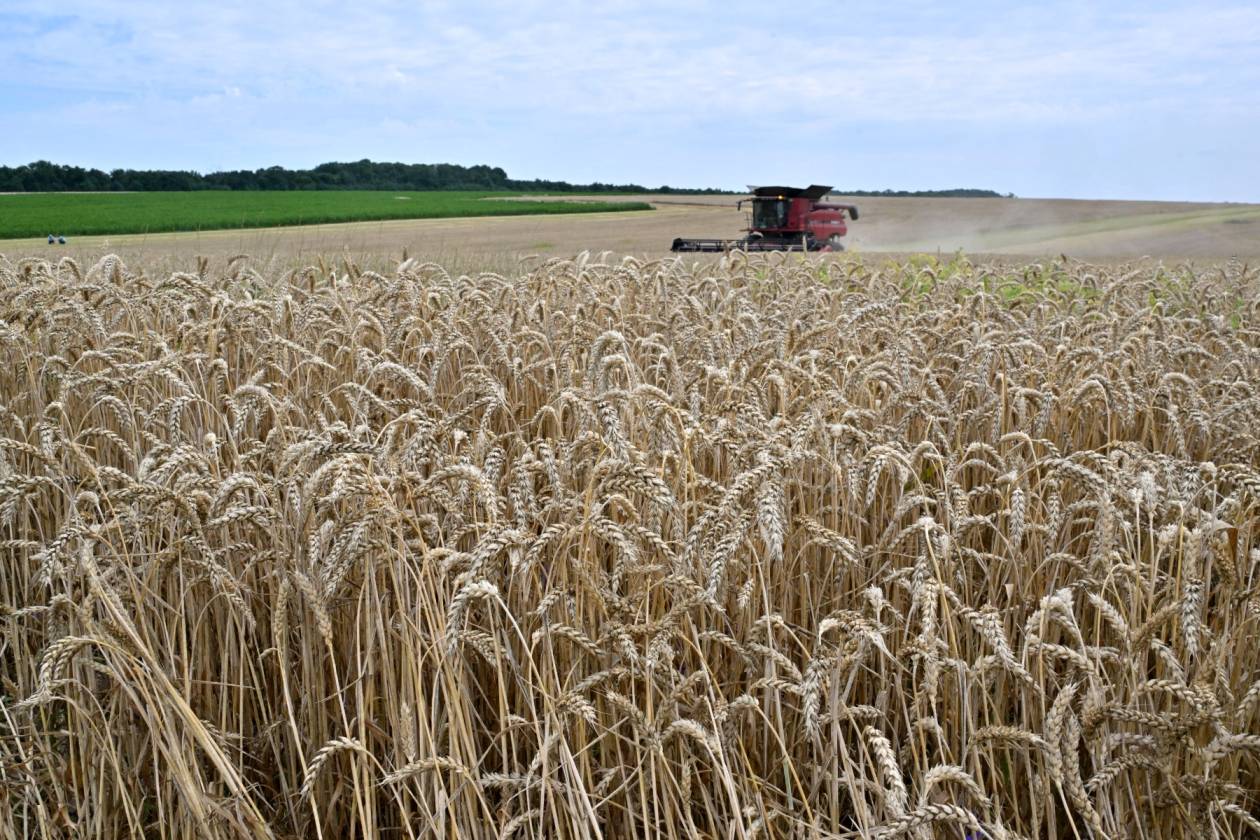Rome, Italy – The UN Food and Agriculture Organization (FAO) and the UN Environment Program (UNEP) said one billion tons of food are wasted every year, while up to 783 million people around the world are facing hunger.
Ahead of the International Day of Awareness on Food Loss and Waste Reduction (IDAFLW) on Friday, the FAO and UNEP highlighted that around 13 per cent of the world’s food is lost in the supply chain before products even hit the shelves, and a further 17 per cent lost in households and retail.
The agencies said that stopping food loss and waste boosts food security, saves resources and helps reduce our carbon footprint.
They called for urgent action from the public and private sector as well as consumers to save and preserve food and set out concrete steps for all stakeholders in a joint guide, insisting that “our collective efforts can make a difference”.
The IDAFLW will make a clear call to action for public and private entities to take action to reduce food loss and waste (FLW) towards transforming agrifood systems to contribute to the achievement of the 2030 Agenda.
The IDAFLW seeks to promote awareness and collective action to reduce food loss and waste.
The IDAFLW will be held at a time when the global economy faces tremendous strain from climate change, conflicts, slowdowns and downturns and high food prices exacerbated by the COVID-19 pandemic and the on-going crisis in Ukraine.
Reducing food loss and food waste is a shared responsibility. All stakeholders at all levels need to be involved:
governments, the private sector, civil society, development agencies, research and academic institutions and consumers.
Collaboration is key – particularly between the public and private sectors, and with research and development institutions.
As consumers, collective efforts can make a difference.
Governments and decision-makers must invest in national agriculture and food data systems and seek to engage with new sources of data and methods to generate relevant information to improve food loss and food waste.
This includes increased food security, healthy diets and transform agrifood systems, raise climate ambition by integrating food loss and food waste in Nationally Determined Contributions (NDCs) to the Paris Agreement.
It also covers commitment to working toward transforming national agrifood systems in favor of healthy diets and sustainable agrifood systems and implement programs to encourage a change in consumer behavior to help citizens reduce food waste at home.









